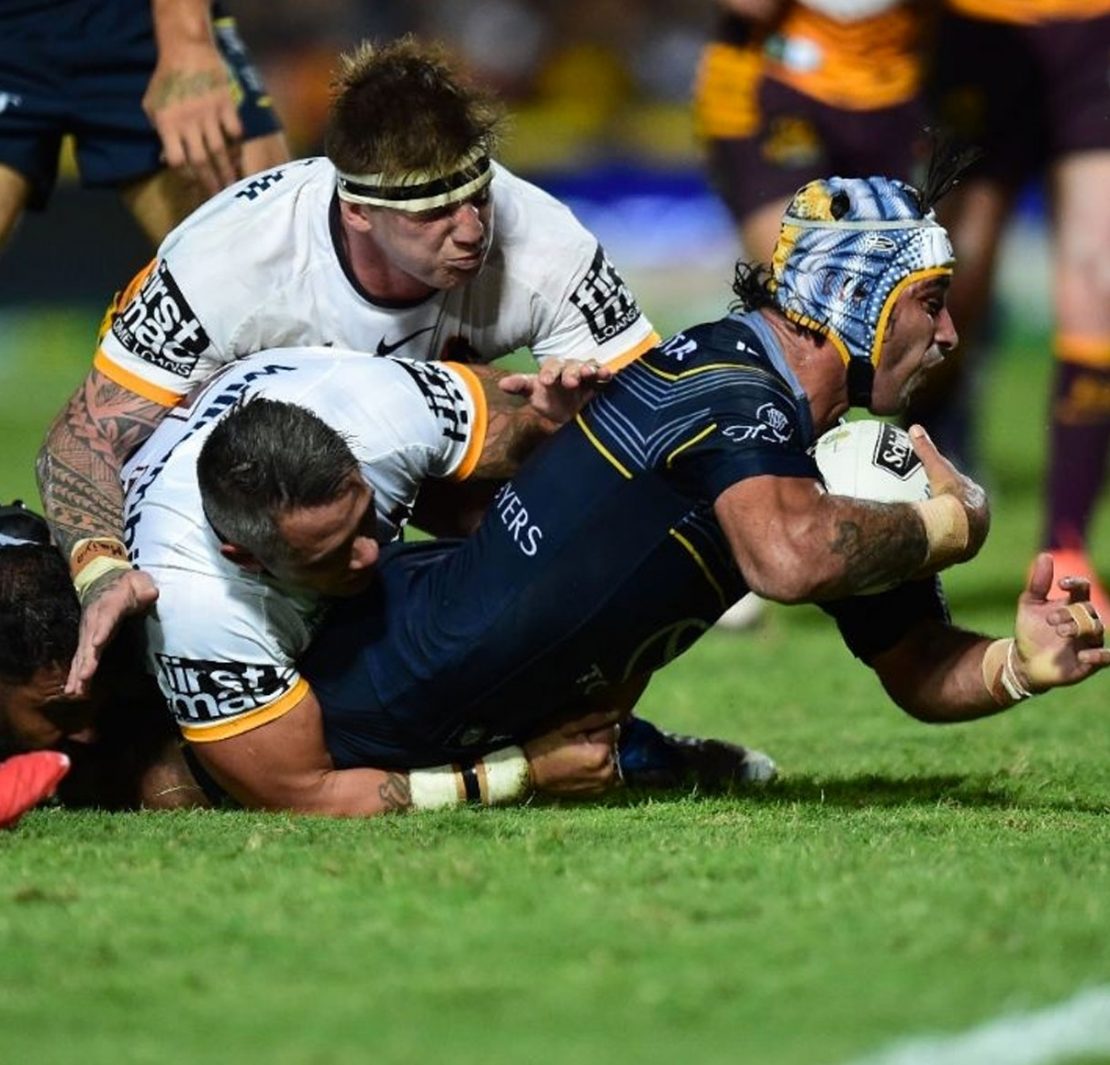Ask any professional athlete and they’ll tell you, to do well you need to get in ‘the zone’ (the ability to catch a ball is also super crucial we guess).
But what if you’re having trouble with this elusive ‘zone’? Well, that’s where hypnotherapy comes in.
Helping you dig deep, access the subconscious and create neural pathways to on-court success, hypnotherapy is making leaps and bounds across a variety of fields (pun intended) including eating disorders, smoking cessation, IBS and, you guessed it, sports performance.
We sat down with sports hypnotherapist Stuart Walter who works with a range of clients. From Olympians, divers and NRL super stars to surfers and golfers, he’s seen it all and treated every mental malady under the sun including issues with motivation, coming back from an injury or lack of self-belief.
There’ll be no assassinating the Malaysian Prime Minister or swinging pocket watches here. This stuff’s legit and you can do it too.
FN: What it’s like to work in sports hypnotherapy?
SW: My profession is a very emotional one. When you work effectively with clients you work on an emotional level and take on a lot of stuff. After speaking with my first client 10 years ago, I found I was not ready for the feeling of total emotional exhaustion. It took four hours to settle down afterwards and it took four years to be able to do four clients per day with one hour each.
My day consists of creating relationships with athletes, coaches, team CEO’s and sports professionals. I work with up to four clients per day and make numerous follow up calls. I have over 50 professional athlete clients currently travelling around the world whom I also provide support to as requested.
FN: What does a typical session look like?
SW: The consultation is generally a 90-minute chat to get an understanding of where a clients is physically, emotionally and mentally, where they’d like to be and what may be holding them back. A hypnosis and Neuro Lingustic Programming (opening and influencing people’s imagination through language) session aims to get the mind open and change habits or behaviours in order to create a peak performance state.
Some clients take only a few sessions to see significant, long-term improvement. Others, I have worked alongside for years as we work and develop, physically and emotionally, through achievements and life experiences.
FN: Is stage hypnosis and clinical hypnotherapy the same?
SW: The process is similar but varied. Stage hypnosis is pure entertainment.
The clinical process accesses a similar state – it’s like meditation – and suggests certain options or ways of thinking to the subconscious mind.
(Editor’s Note: Ah! So the end goal is vastly different! Therapy over entertainment).
FN: What do you have to study to become a hypnotherapist?
SW: I have completed approved clinical hypnotherapy and NLP (Neuro Linguistic Programming) courses. Case studies and set training hours are also required yearly for association membership.
There are basic qualifications for training but it takes years to be able to understand the unconscious mind, generate rapport with clients and be able to manage emotional drain. My studies and professional development are ongoing.
FN: What challenges do you face in this industry?
SW: The perception of what hypnotherapy is. You have to deal with doubters and constantly challenge traditional methods like sports psychology.
The mind is one area that athletes are starting to explore. It’s not solely about hard work anymore, it’s about attitude and the ability to ‘get in the zone’.
Now what to study?








